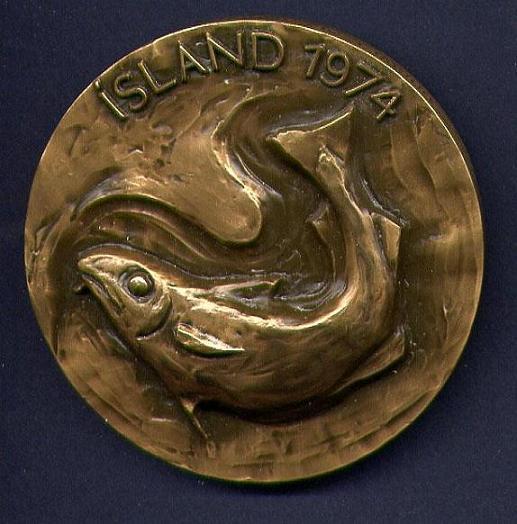Submarines are Big and Black, But Only the Army ...
See and download the 5th song selection 'Big Black Submarine' by talented submariner Tommy Cox. This post is about a black hero, not a submariner, and the big gray Army ship named recently in his honor. The First African-American, U.S. Ship's Captain:
A 23-year-old slave born in 1839 to a black mother and a white father, become the first African-American to captain a vessel in U.S. service. Later, Robert Smalls served as a major general in the South Carolina militia, a state legislator, a five-term member of the U.S. Congress and U.S. Collector of Customs in Beaufort, S.C.
During the Civil War, Smalls had commandeered the Confederate steamer Planter, which had been loaded with armaments. Smalls, who had been the vessel's Charleston harbor pilot, then transported his wife, children and 12 other slaves to their freedom:
Smalls' family and other crewmens' relatives, who had been concealed on that ship for some time.
Smalls' family and other crewmens' relatives, who had been concealed on that ship for some time.

[On 13 May, 1862, Smalls] quietly took Planter from the wharf, and with a Confederate flag flying, steamed past the successive Confederate forts, saluting as usual by blowing her steam whistle. As soon as the steamer was out of range of the last Confederate gun, Smalls hauled down the Confederate flag and hoisted a white one. Then he turned Planter over to USS Onward of the Union blockading force. ... The Senate and House of Representatives of the United States passed a Private Law on 30 May 1862, granting Robert Smalls and Planter’s Negro crew one half of the value of Planter and her cargo.
... Smalls [later] returned to his old ship the Planter, now a Union transport. In December 1863, after an act of bravery under fire, Smalls became the first black captain of a vessel in the service of the United States. On December 1, 1863, the Planter was caught in a crossfire from Union and Confederate forces. The ship's commander, Captain Nickerson, ordered the ship to be surrendered. Smalls refused, saying any blacks would not be treated as prisoners of war, but would be killed by the Confederates. Smalls took command and piloted his ship out of the range of the Confederate guns. For that act, he was made a captain, becoming the first black man to command a United States ship. [1]
Hailed as a hero by Union leaders, Robert Smalls went on to become a major general in the South Carolina militia, a state legislator, a five-term member of the U.S. Congress and U.S. Collector of Customs in Beaufort, S.C. Smalls, the first inductee into the Black Hall of Fame (BHOF), is buried at the Tabernacle Baptist Church. A stately memorial bust stands before the Beaufort's African Baptist Church in Small's honor.
The USAV Maj. Gen. Robert Smalls was commissioned (see the gray Goliath 3-sec. side launch video) last week at a ceremony in Baltimore. The $25 million logistics support vessel will transport cargo and vehicles worldwide. Built with huge bow and stern loading ramps, the ship has a 10,500 SF cargo deck able to acomodate 24 M-1 Abrams main battle tanks.
See Dolly Nash, Small's great-granddaughter here: Initiative to Name a U.S. Naval Vessel for Robert Smalls. Smalls was, afterall, working for the Army engineer department (under Gen. Ripley, CSA), then for the U.S. Army. Isn't it fitting the Army named a "gray Goliath" after Major General Robert Smalls?


0 Comments:
Post a Comment
<< Home